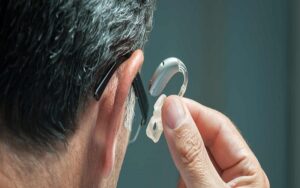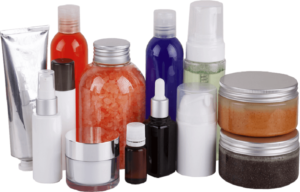How To Cope With Alcohol Withdrawal Depression?

Quitting alcohol can often lead to depression because alcohol affects the brain’s chemistry and alters the balance of neurotransmitters. When an individual drinks alcohol everyday, their brain adjusts to the presence of the substance and changes the balance of neurotransmitters to compensate for the alcohol’s effects.
When you stop drinking alcohol your brain needs some time to readapt to the loss of alcohol. This can trigger several withdrawal symptoms, including fear and depression. The sudden decrease in alcohol consumption can also cause imbalances in brain chemicals such as serotonin and dopamine, which are associated with mood regulation.
When a person stops using alcohol, these underlying psychological issues such as hopelessness, anxiety, or post-traumatic stress disorder can resurface, causing depression.
How to cope with alcohol withdrawal depression?
Alcohol withdrawal can be a difficult process, both physically and emotionally. Depression is a common withdrawal symptom and can make the process even more challenging. Here are some strategies that may help you deal with depression when you quit alcohol:
1. Seek professional help:
It is crucial to seek professional help when dealing with depression during alcohol withdrawal. A healthcare professional can provide medical support and guidance to help you through the process.
2. Become a part of a support group:
Online support group like Detox to Rehab can help you bond with others who are handling similar experiences. It can also provide emotional support and encouragement during difficult times.
3. Engage in self-care activities:
Engaging in self-care activities such as exercise, healthy eating, and relaxation techniques can help you feel better and manage your depression symptoms.
4. Avoid triggers:
Avoiding triggers that can lead to alcohol use or worsen your depression symptoms, such as social events or certain people, can help you stay on track with your recovery.
5. Consider therapy:
Therapy can be beneficial in treating depression during withdrawal. A therapist can help you identify and work through any underlying issues that may contribute to your depression and provide you with coping strategies.
6. Stay connected with loved ones:
Staying connected with loved ones can provide emotional support and help you stay motivated during your recovery process.
Remember that recovery can take time to process. Be patient with yourself and focus on taking small steps each day towards your recovery.








Very interesting subject, appreciate it for posting.Blog range